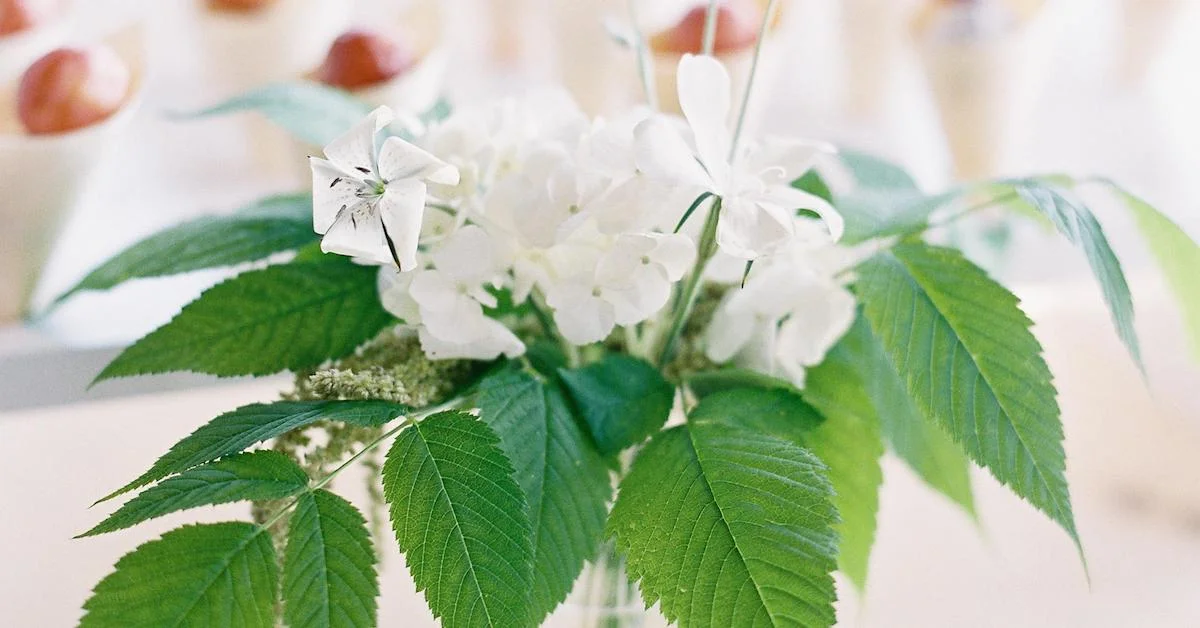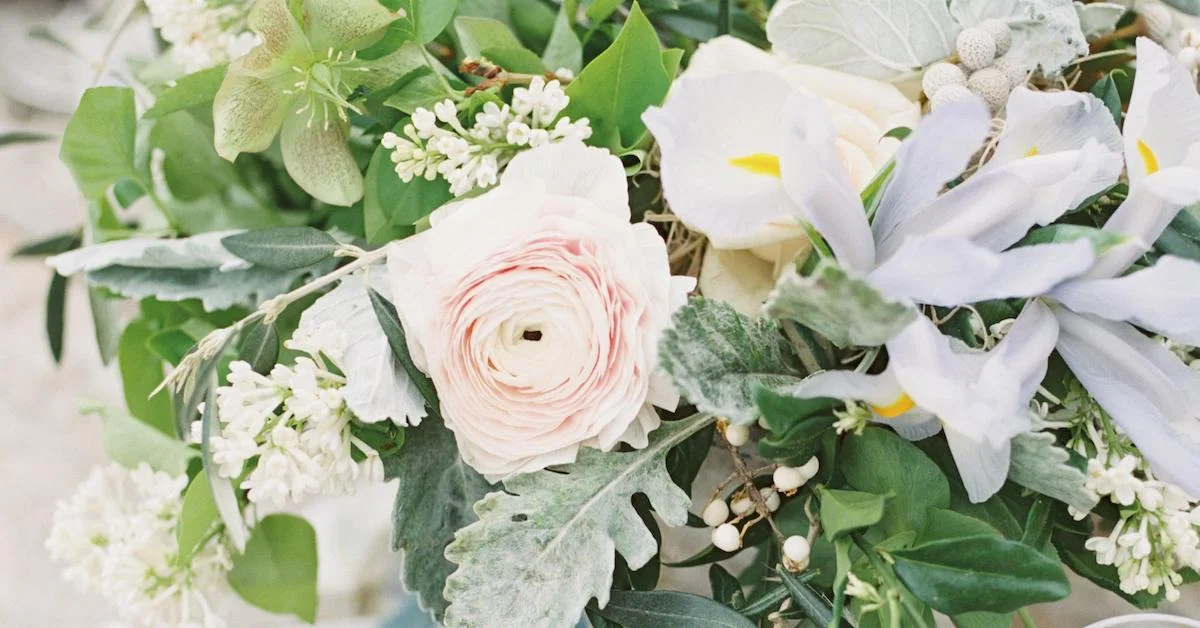Selling Flowers to Restaurants and Boutiques
What if I told you there might be an avenue of income you're missing out on? As a florist and especially as a grower, you may even be able to use stems that would otherwise go to waste. By providing a subscription to coffee shops, restaurants, and boutiques, you can create a niche that might allow you to capitalize on and reduce your waste from leftovers and short-stemmed blooms. Selling flowers to restaurants and boutiques as a floral designer or flower farmer is one smart way to do so!
When the lightbulb came on
I have this wonderful long-time client named Tara. She is open to trying many of my suggestions, and my business wouldn't have gone anywhere without customers like her. Tara found me selling bouquets of homegrown flowers and herbs at the farmers’ market and began to ask for things for her wine store. She had recently opened a cafe inside their storefront and was looking to source more items locally. Both of our businesses grew. As hers expanded into a classy event space in a second building, she began requesting arrangements for the events she hosted. Somewhere along the line, she wanted to liven up the cafe with local flowers on every table. A large arrangement or tall vase was impractical both economically and for her small tables. Her unique need gave me the idea for this service.
How TO plan for and Manage restaurant and boutique floral subscriptions
There are many ways providing flowers to restaurants and boutiques could work depending on your location and the types of flowers you have. I'll share what we've done, and hopefully, it will inspire your own ideas.
Purchase a variety of small glass vases and bottles. (Since Tara's business centers on alcohol, I started with mini pilsner glasses and stemless wine glasses.) Each week as you strip and process flowers and foliage, set aside anything that is useable but can't be used in your usual arrangements (short-stemmed, small blossomed, or otherwise odd and won’t fit into your arrangements). Some specific examples include:
Short stems of cerinthe that were growing off of the main stem but had also bloomed
Secondary blossoms from flowers such as scabious or bachelor’s buttons that had done the same
Unused flowers leftover from wholesale bunches you purchased for an event
Small herbs and foliage stripped off of larger stems and branches
Short-stemmed sweet peas
I hope you're able to see how thrifty you can be! Seriously, it’s so easy to keep a small mason jar or cup handy and just scavenge the good stuff before the rest goes to the compost pile.
When you make your weekly or biweekly deliveries, bring a fresh set of vases and fresh flowers. The vessels from the previous week come home with you to be sanitized for next week. This ensures the most extended vase life possible, and with your name on the service, you needed the flowers to look good until next time. The only thing you need to ask of the venue is to add clean water and remove any wilted blooms. The manager can simply add this to the opening task list.
As you talk to more businesses, some of them may prefer to set the flowers out in their own time. While this may make you a little wary, rest assured that most venues don't want droopy flowers on their tables either, so they'll keep the vessels clean and fresh. If they need guidance, you might bring them one jar of foliage, one jar of fillers and one jar of showier blooms and tell them how many of each to use per table.
How to charge for restaurant and boutique FLORAL service
As I said, this service offering could look very different for you, and therefore, pricing would be unique to your business. Maybe you want to use a single long-stemmed flower. Or perhaps you want to offer one large arrangement to each business with your event leftovers for a counter or hostess stand. Either way, here are some guidelines for pricing.
First, you have to decide how much your garbage is worth to you. After all, the point is to find a retail avenue for otherwise unusable flowers. Lord knows we don't need to add one more thing for no good reason! Consider what niche you'd like to cater to (more on this later) and what your subscription will be worth to them. Many small business owners have no problem stopping at a grocery store and doing this themselves, so you have to offer them something desirable for their aesthetics and/or something that saves them time and energy.
Remember, always factor in your time. In general, not much floristry goes into what you're offering. But if you're anything like me, you may have to drive thirty or more miles away to deliver them. You can make your time worthwhile by combining multiple deliveries into one trip and working quickly. Stacking them up pays for the fuel, the drive, and enough for your otherwise-composted stems. In my region, based on the value of local flowers, etc., I charge from $1–3 per table plus a delivery fee and a one-time equipment rental fee. This ensures that I can replace vessels as they get broken, which comes with the territory. It may look different in your region.
I hope this inspires you to get out there and add a bit more income to your floral business! You might be surprised at how many people will want to take you up on your unique offer.









